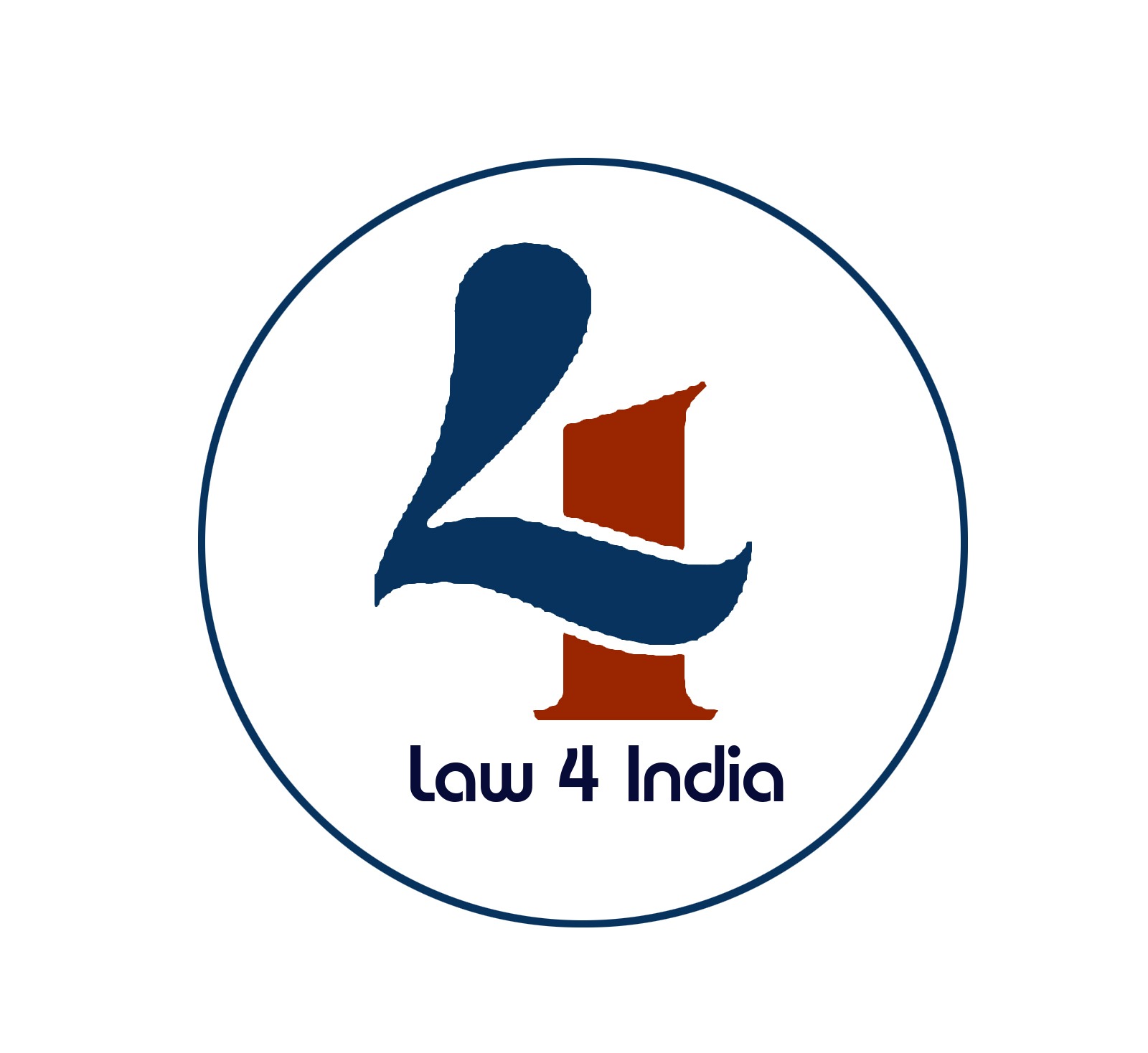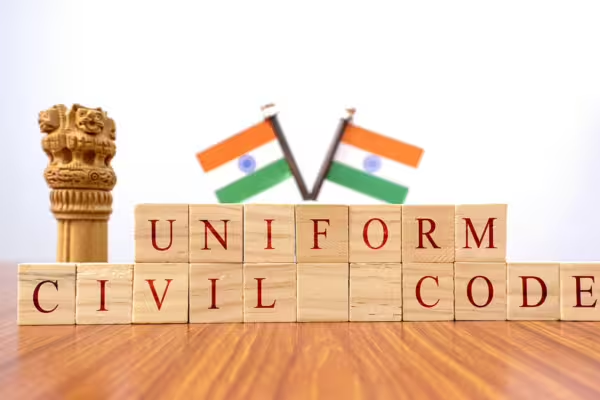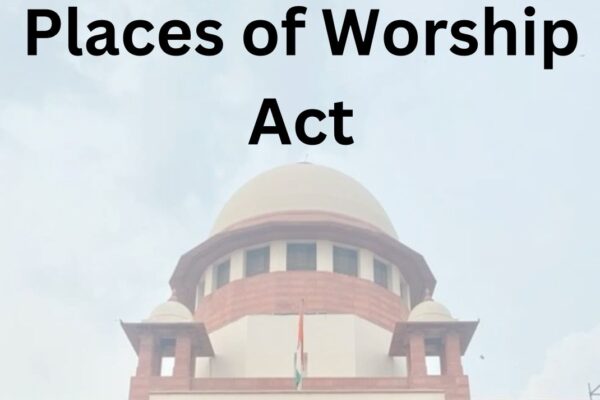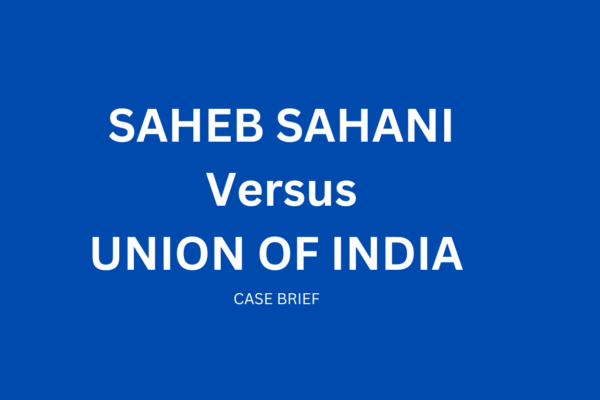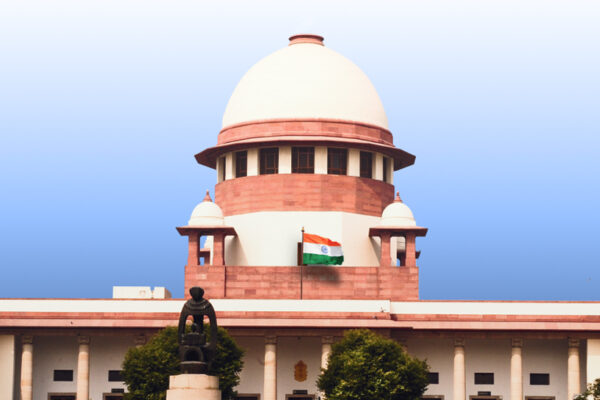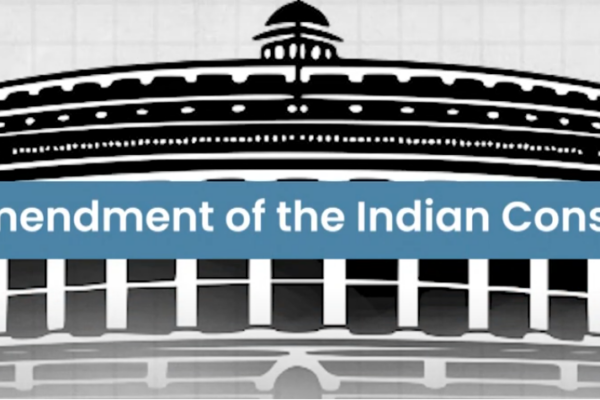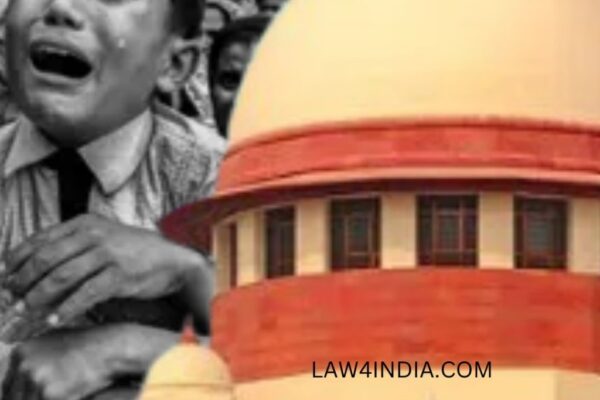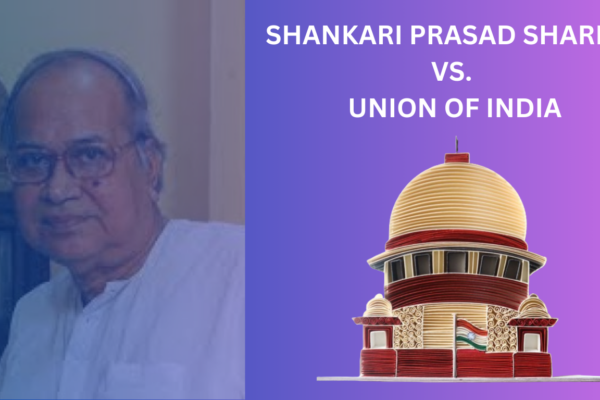¿Cómo Maximizar Tu Experiencia en Leovegas Casino con Bonos y Apuestas Inteligentes?
En el mundo del juego en línea, Leovegas se ha destacado por su innovación y atención al detalle, ofreciendo una experiencia superior tanto para jugadores nuevos como para los más experimentados. Con una amplia variedad de juegos de casino y opciones de apuestas deportivas, Leovegas se posiciona como una de las plataformas más completas y…
